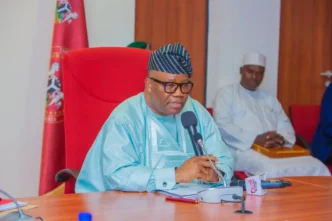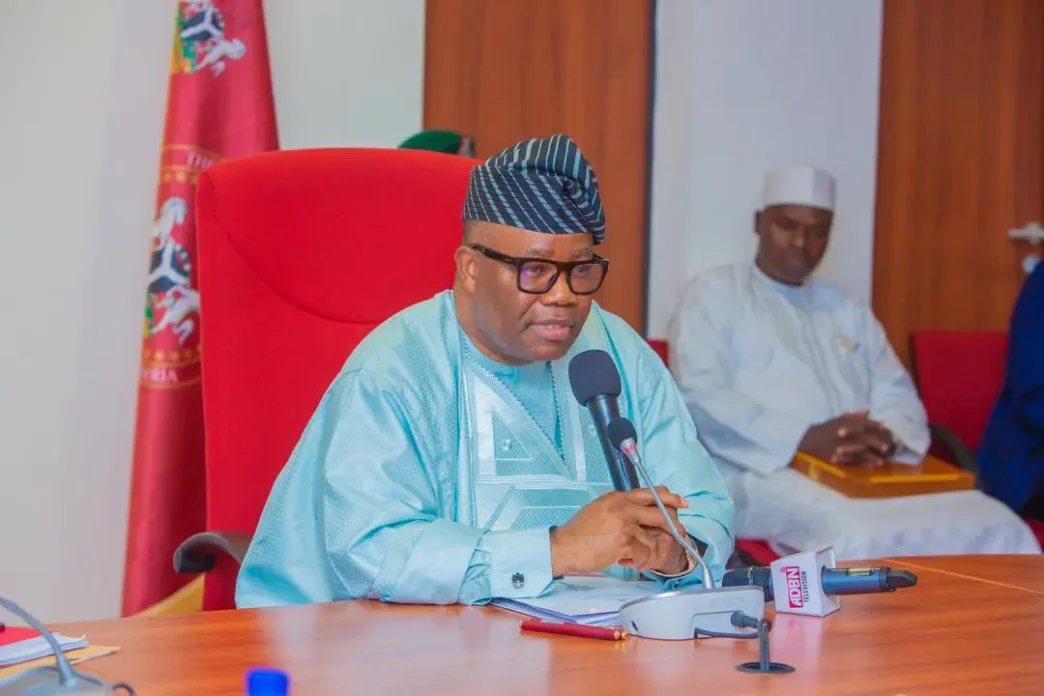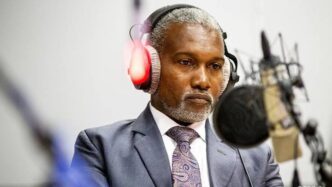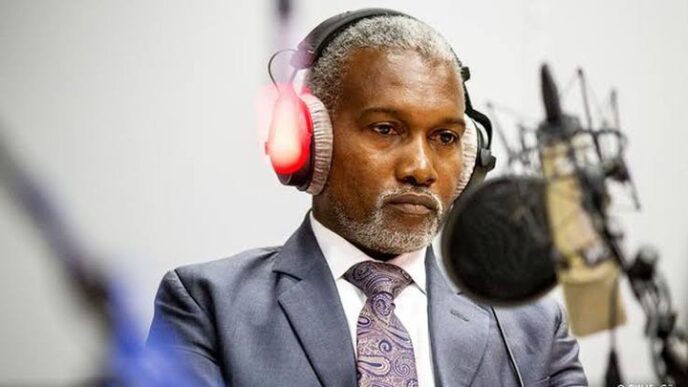Senate President Godswill Akpabio has stated that Nigerian lawmakers are not in the Senate to enrich themselves.
According to him, their true duty is to serve and make sacrifices for the benefit of future generations.
He made this statement on Tuesday, July 8, during a plenary session at the National Assembly. The lawmakers were debating the general principles of the Electricity Act (Amendment) Bill, 2025, a proposed legislation aimed at reforming Nigeria’s power sector.
“People think we are here in the Senate to make money, not knowing that we are here to sacrifice for future generations,” Akpabio said.
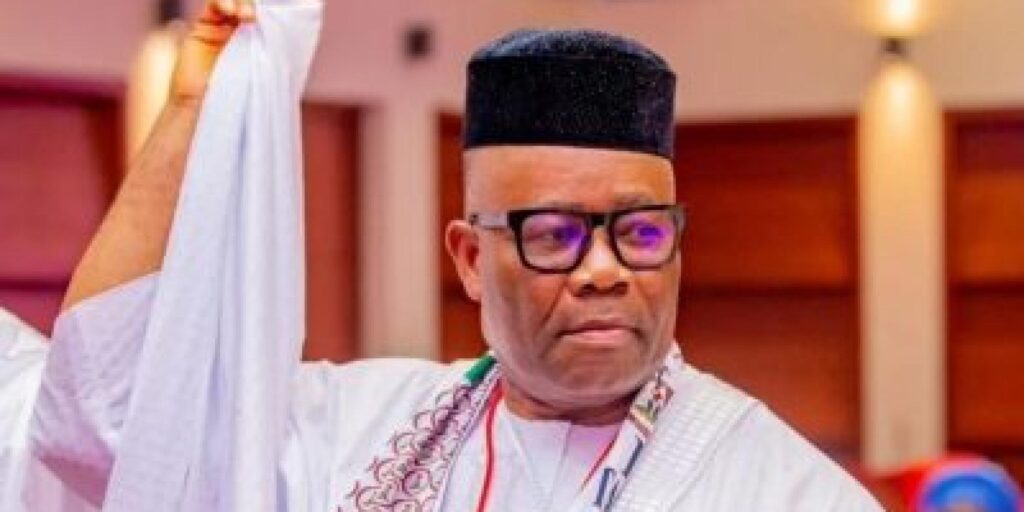
The Senate President’s remarks come amid growing public scrutiny about the financial perks of legislators.
However, Akpabio insisted that their role was far more impactful, especially in shaping policies that would benefit the country long-term.
The bill under discussion, sponsored by Senator Enyinnaya Abaribe, seeks to revise the Electricity Act, 2023.
The proposed amendment aims to improve coordination between federal and state governments, resolve regulatory gaps, and enhance service delivery within the power sector.
According to Abaribe, the bill is necessary to fix current challenges that were not addressed in the original Act.
He pointed out that issues like legal inconsistencies, poor financial structures, and recurring vandalism of power infrastructure have continued to weaken Nigeria’s electricity system.
“Criminalise critical electricity infrastructure vandalism in the face of the rising wave of recurrent sabotage by vandals,” he said on the Senate floor.
In addition, the amendment proposes the creation of a clear framework for transitioning intrastate power matters from the Nigerian Electricity Regulatory Commission (NERC) to state governments.
Furthermore, the amendment recommends more engagement with host communities affected by power installations.
It also calls for the activation of the Power Consumer Assistance Fund, which will help subsidize electricity for low-income users and essential services.
Abaribe also emphasized the importance of balancing workers’ rights with the needs of the power sector.
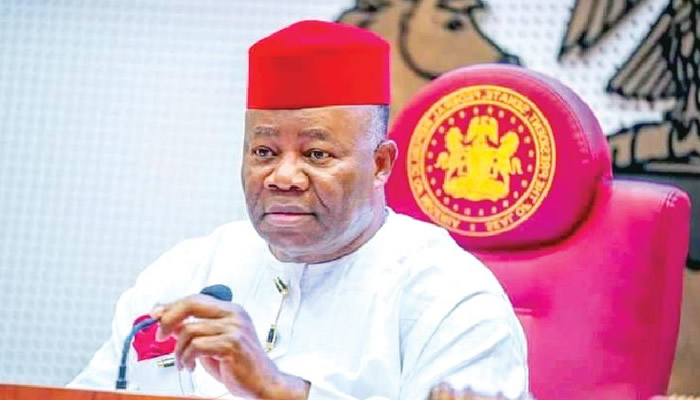
The bill seeks to promote harmony in industrial relations by aligning local labor laws with international standards.
“Foster industrial relations in the sector by balancing labour rights in the context of essential services,” he added.
The bill successfully scaled second reading on Tuesday and has been referred to the Senate Committee on Power for further scrutiny. The committee is expected to report back within six weeks.
Meanwhile, the debate signals the growing urgency of reform in Nigeria’s electricity sector.
Akpabio also stressed that without addressing Nigeria’s electricity problems, the country’s ambition for industrialization would remain out of reach.
This recent push by one of Nigeria’s longest-serving senators reflects renewed legislative interest in fixing the power crisis. However, critics argue that reforms must be backed by strict enforcement and accountability to succeed.
